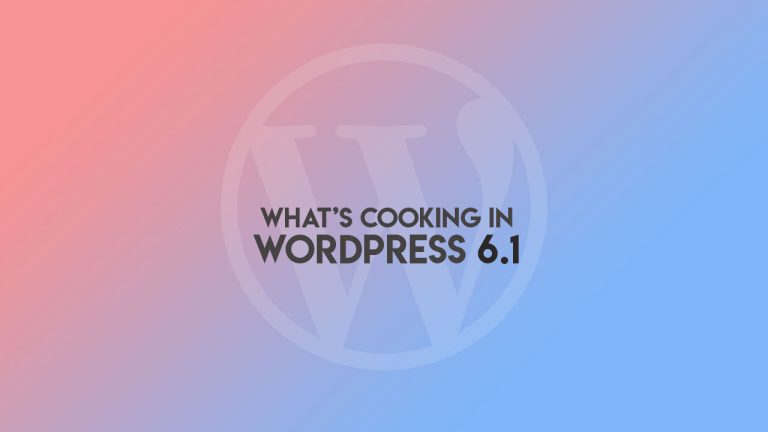WP Tavern announced that they got some feedback related to the life cycle of the Classic Editor plugins. For those who stil prefer the old editor, you are covered for at least a year from now.
Couple days ago, WordPress executive director Josepha Haden Chomposy, announced the official decision.The WordPress will continue supporting the Classic Editor plugin for a while longer.
“At the time, we promised to support the plugin through 2021 and adjust if needed as the deadline got closer,” she wrote. “After discussing this with Matt [Mullenweg], it’s clear that continuing to support the plugin through 2022 is the right call for the project as well as the community.”
As of now, classic users have a one-year extension.
“The Classic Editor plugin will be officially supported until December 31, 2021,” wrote core contributor Gary Pendergast in that three-year-old announcement. It was a shock for many at the time, uncertain whether the new block system would meet their needs.
While three years may have seemed like plenty of time to ditch the classic in favor of the modern WordPress editor, the current stats show that the project still has a few miles yet to go.
There are over 5 million active installations of the Classic Editor plugin. I am still waiting for a more specific tally, but no one has provided an answer yet. At best, we think the counter turns over at 10+ million, so we can speculate on the floor and ceiling for possible usage.
“I think it’s important to note that the plugin is not going anywhere,” said core committer Jonathan Desrosiers. “It will continue to be listed on the .ORG repository for the foreseeable future.”
He pointed out that understanding the next phase of the Classic Editor plugin meant looking into the level of effort required to support it since 2018. The overwhelming majority of the changes in that nearly three-year timeframe have come down to keeping up with:
- Text changes.
- Adjustments to prevent warnings/errors and promote consistency across supported PHP versions.
- Changes to deprecated action/filter hook calls.
“It’s been almost three whole years, and the plugin has largely required very little maintenance to continue functioning, and the bulk of maintenance has been to limit warnings and notices in debug logs,” he said.
The goal of the Classic Editor plugin was to help ease the transition to the block editor. Thus far, there have been eight major WordPress releases since the switch in version 5.0.
The other looming question would be whether core WordPress would move specific pieces of its system to the Classic Editor plugin, such as allowing custom post types to support the old editor or the meta box API.
“There are no plans at this time to move any of the underlying ‘classic’ parts from core to the plugin,” said Desrosiers. “I’m sure that removing these parts will be evaluated at some point in the future, but when that will be is not clear.”
Even when official Classic Editor support reaches a hard deadline, it does not mean such a traditional editing experience will cease to exist. Plugins like Disable Gutenberg have promised longer lifespans than the initial support window, and other editor projects will undoubtedly arise if there is wide enough demand.
Article taken from WP Tavern, read more here.





